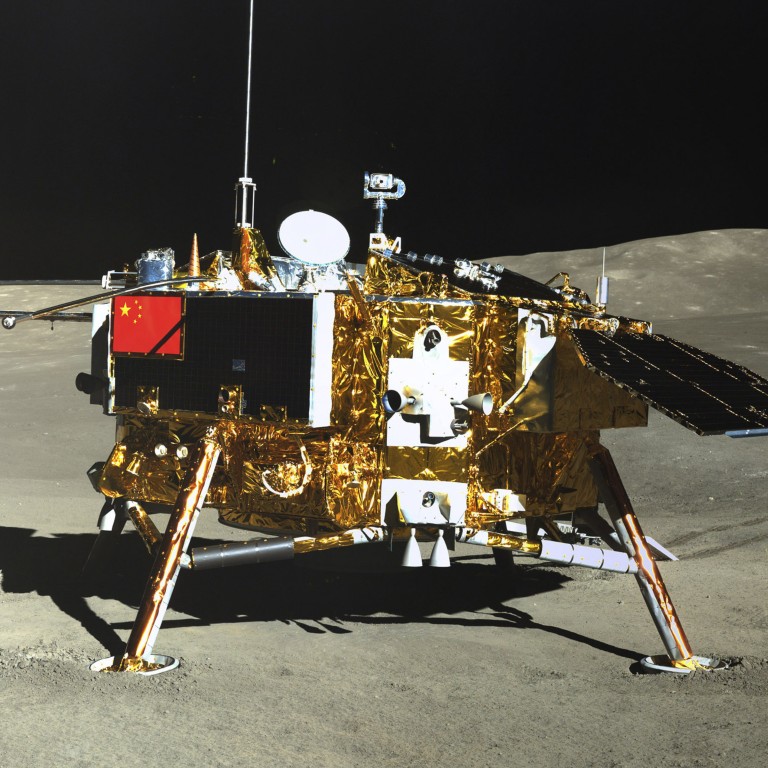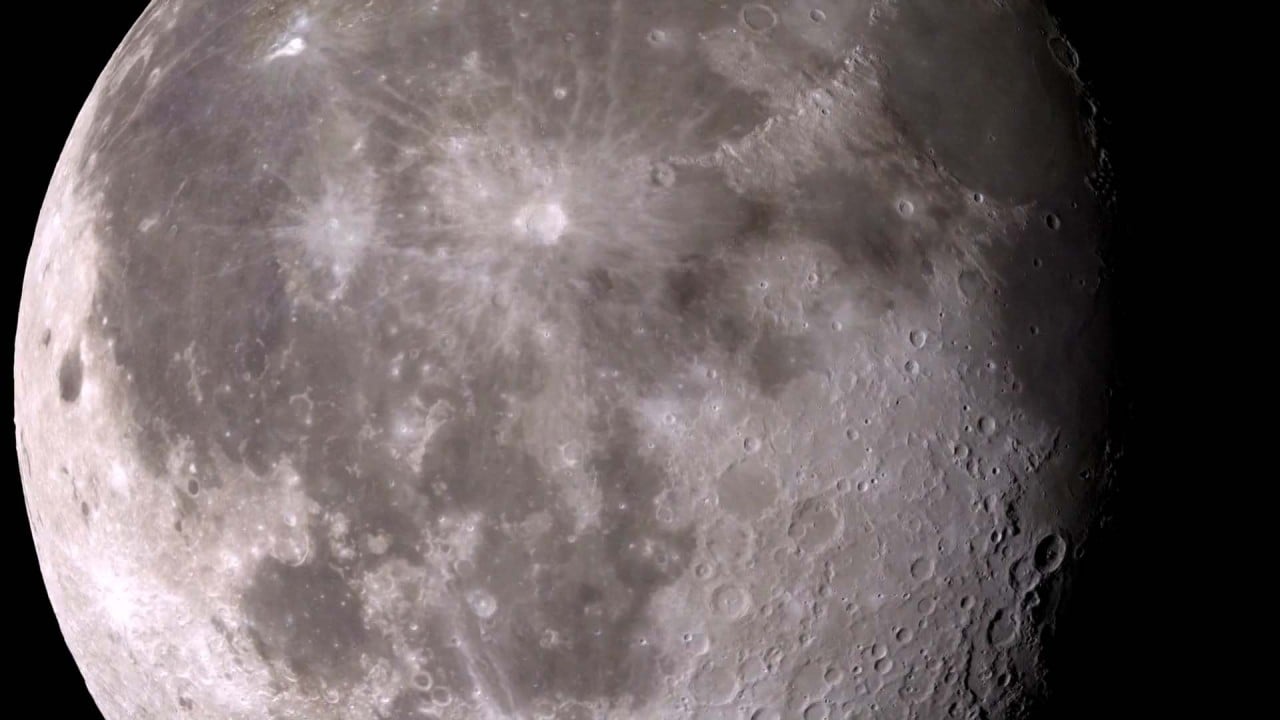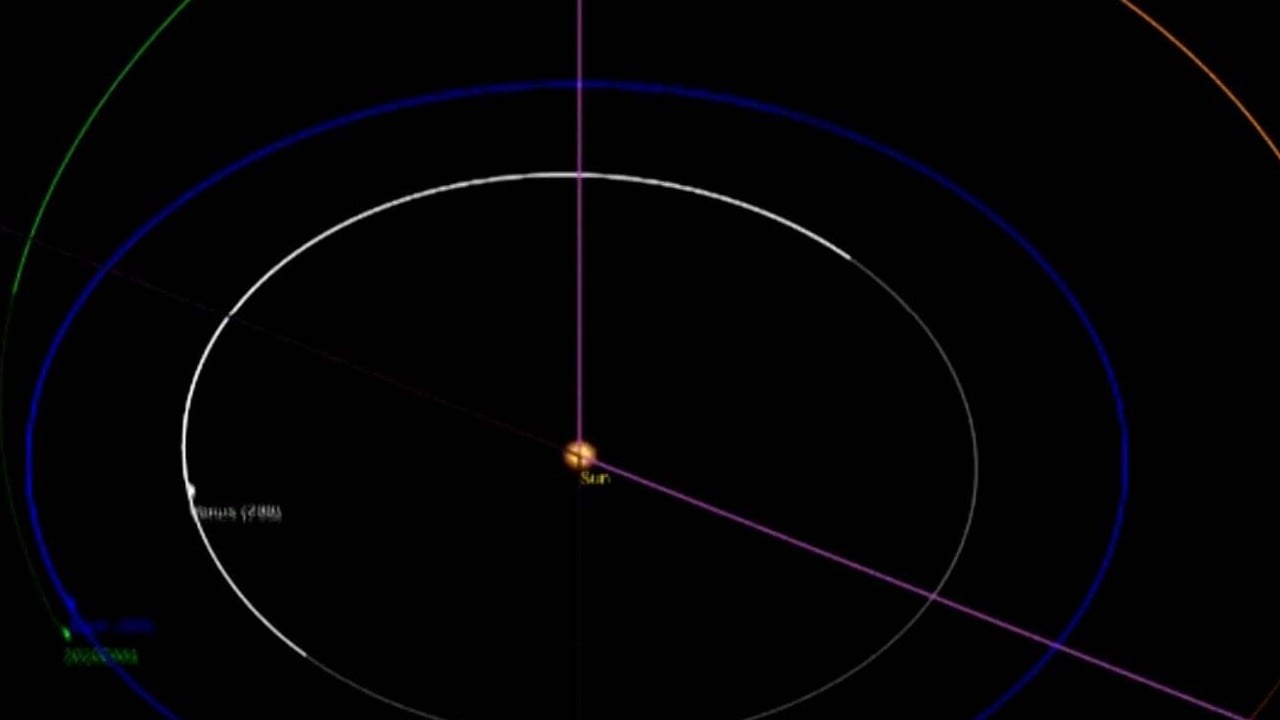
China takes aim at Nasa chief’s moon military takeover claims
- American official Bill Nelson says Chinese astronauts are learning how to destroy other countries’ satellites
- Foreign ministry says the allegations are reckless and false
In an interview with the German newspaper Bild on the weekend, Nasa administrator Bill Nelson said: “We must be very concerned about China landing on the moon and saying that it now belongs to the People’s Republic and everyone else should stay out.”
Nelson also claimed that Chinese astronauts were learning how to destroy other countries’ satellites.
China has announced an ambitious lunar exploration plan to send astronauts to the moon around 2030 and build a station there five or so years later.
Chinese foreign ministry spokesman Zhao Lijian said on Monday that Nelson’s claims were “recklessness and falsehoods”.
“Some US officials have continuously framed and slandered the normal and reasonable cause of other countries in outer space. China firmly opposes such irresponsible remarks,” he said, adding that it was not the first time Nelson had criticised China.
“We urge this American official to effectively assume the responsibilities expected of a great power, seriously review and amend the negative comments and actions of the United States itself in the field of outer space, and make the due contribution of the US to maintaining continued peace and security in outer space.”
Zhao defended China’s space programmes as meeting legitimate economic, social, scientific and technological and security needs of the country.
He said Beijing had always advocated the peaceful use of outer space and opposed its weaponisation.
“The development of China’s space industry has been achieved entirely through independence and self-reliance, and its rights and achievements cannot be questioned or discredited in any way,” he said.
Zhao said the US had a “dirty record” of creating space junk, provoking space arms races and undermining global strategic stability.
He also lashed out at US moves to define outer space as an “operational frontier”, create a space force, and develop offensive outer space weapons.
The US had long resisted talks on a legal instrument on outer space air control, and continuously strengthened military cooperation with its allies in outer space, he said.
In addition, Zhao criticised sanctions on the Chinese space agency.
The Wolf Amendment introduced in 2011 prohibits Nasa from engaging in direct collaboration with the Chinese government or any China-affiliated organisations without special permission from Congress.



